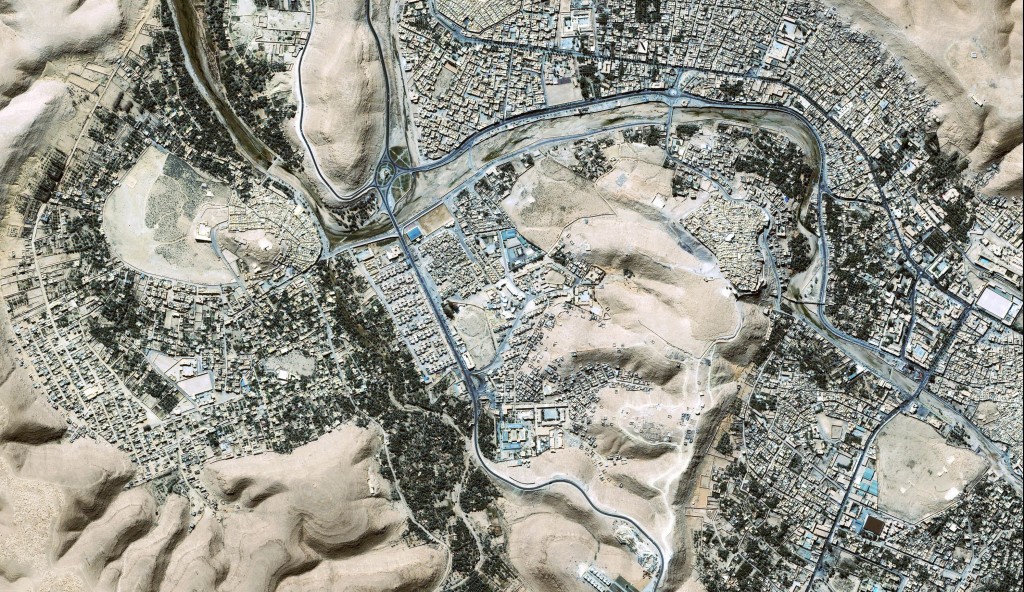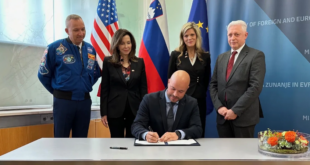
In recent weeks, the Russian Government has provided Algerian and Tunisian authorities with intelligence and military aid to strengthen counterterrorism efforts in the fight against Islamic State terrorists operating in the region.
The counterterrorism aid package includes the supply of Russian high-resolution satellite imagery of key Algerian border crossings with Tunisia, Libya, Chad and Mali. According to various Algerian and Tunisian press reports, this satellite imagery has enabled Algerian authorities to thwart several attempts by terrorists and insurgents to infiltrate Algerian borders and smuggle weaponry. Further, it is thought that the Algerians have shared this satellite imagery with Tunisian authorities in order to help them deal with their growing terrorist problem.
Russia is also providing hardware, such as helicopters, as well as intelligence data to the Algerian and Tunisian governments. Since the bombing by alleged Islamic State terrorists of the Russian Metrojet 9268 airliner en-route from Sharm el-Sheik in Egypt to St Petersburg on October 31, 2015, killing 224 Russian tourists and aircrew, the Russian Government has stepped up efforts throughout North Africa to combat violent extremism and terrorist activities.
High-resolution satellite imagery, combined with other border protection and counterterrorism capabilities and approaches, can be very effective in tracking movements and unusual activity in remote areas such as the Saharan border areas of Algeria and its neighbours.
 SpaceWatch.Global An independent perspective on space
SpaceWatch.Global An independent perspective on space

